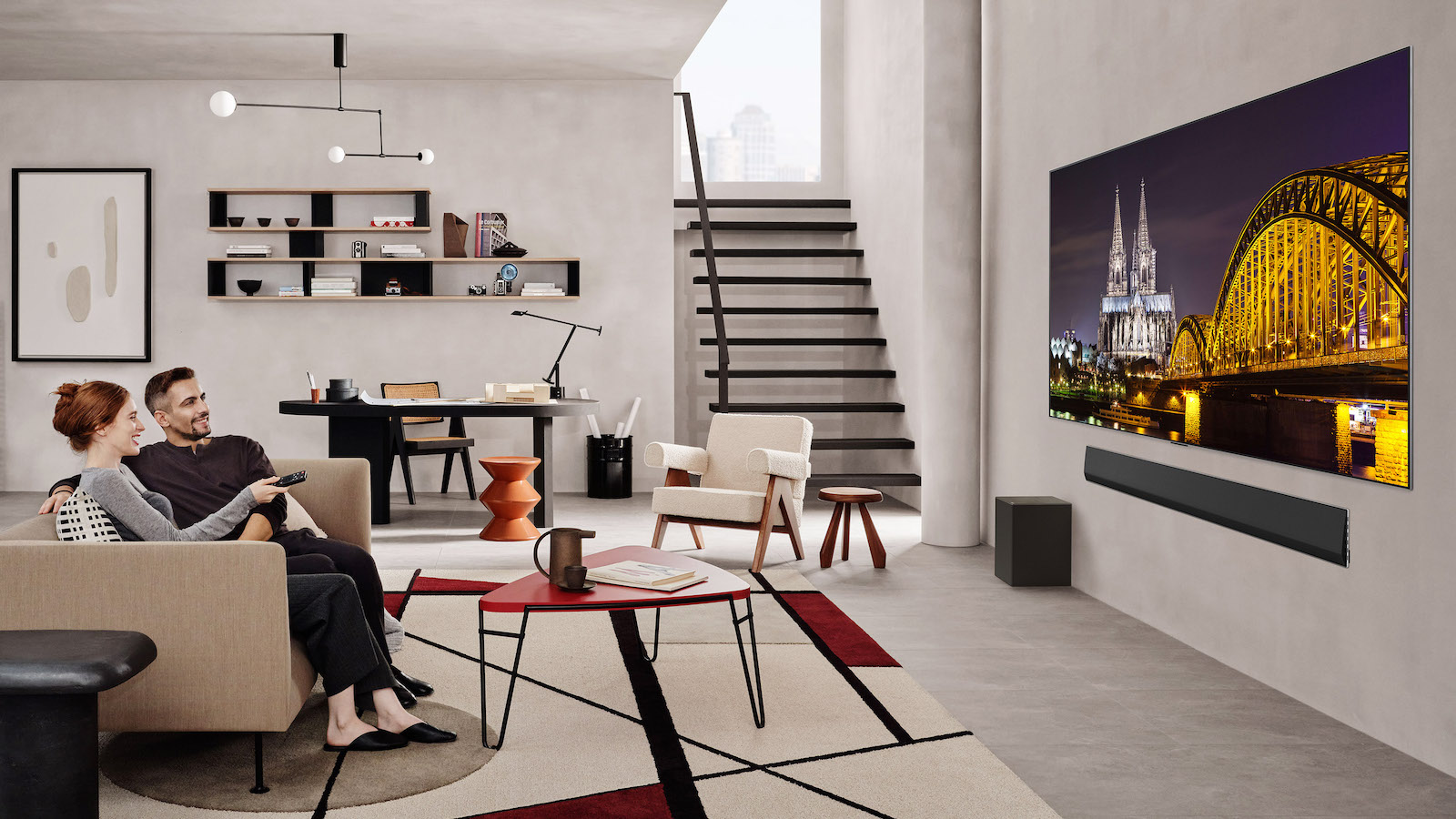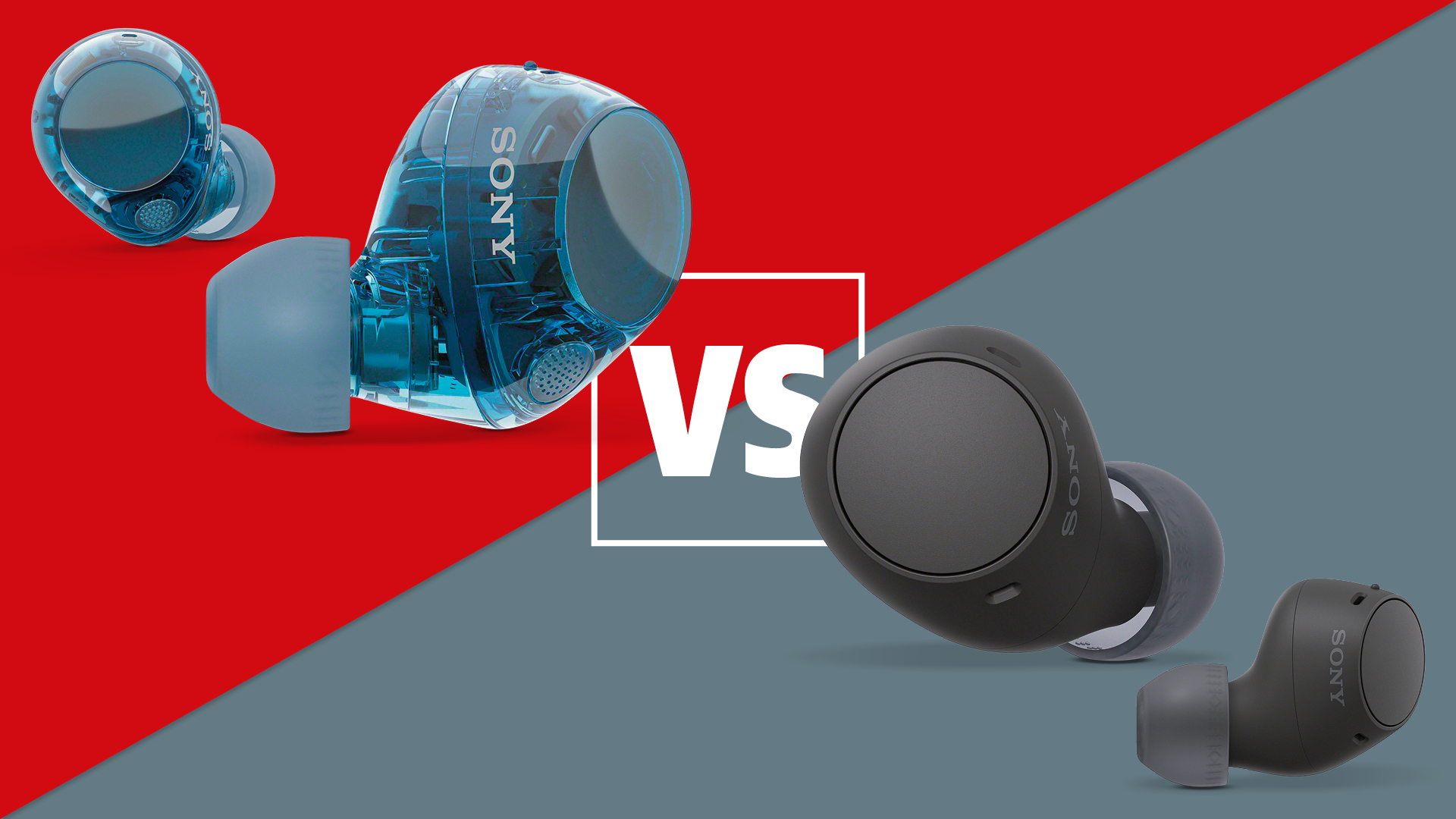LG is finally making a small flagship OLED TV – but I’m concerned there’s one big catch
The 48-inch LG G5 could be fantastic, but there’s a big omission on its specifications sheet

We at What Hi-Fi? have long championed the need for more small yet top performing home cinema and audio products.
This is particularly true in the top-end OLED TV market, where most flagship sets, including last year’s five-star LG G4, Samsung S95D and Panasonic Z95A sizes started at 55 inches.
The lack of small options at the top of companies' ranges has meant even the most cash-rich of buyers has been able to get only step-down models, such as the LG C4, Samsung S90D and Philips OLED809, in smaller sizes; which, in my mind, is a shame.
Before the US and Australian What Hi-Fi? readers once again pick up their torches and tell me to “just build a bigger house” to accommodate a larger set, let me be clear why I want smaller flagship OLEDs: where I live and work (London) most of my TV viewing is done in spaces too small to accommodate 55-inch model with a sensible viewing distance.
There are also a number of people who would appreciate a smaller size to fit into their hobby space or even bedroom – just because you happen to be watching in bed, doesn’t mean you should have to sacrifice picture quality.
These are the reasons why I was delighted when LG confirmed it will be offering a 48-inch version of its new flagship OLED, the LG G5, at its press conference at CES 2025 in Las Vegas.
But, while I am happy to see a smaller entry into the brand’s flagship OLED family, I do have one big concern about the small TV. Specifically, LG has been quite hazy about whether it will feature its new Brightness Booster Ultimate tech. This is a new technology we are yet to try in the flesh, but it looks set to replace LG Display’s Micro Lens Array (MLA).
Get the What Hi-Fi? Newsletter
The latest hi-fi, home cinema and tech news, reviews, buying advice and deals, direct to your inbox.
Like MLA, which appeared on the LG G3 and LG G4, Brightness Booster Ultimate aims to let OLEDs offer much higher max brightness levels. The difference is that, according to LG, Brightness Booster Ultimate can offer 40 per cent higher whole screen brightness levels than MLA. It also, apparently, improves colour vibrancy. Considering how bright we found the LG G4 could go last year, this is a very bold claim.
Though I have always argued that brightness isn’t the main ingredient for truly great picture quality when watching movies – motion handling, colour accuracy, light control and more also play a huge part – the fact that Brightness Booster Ultimate isn’t on the 48-inch LG G5 is a fly in the ointment. This is mainly because, outside of the processor, the smaller G5 is very similar to its step-down sibling, the LG C5.
Does that mean it will be terrible? It’s way too early to call that as both OLED TVs have only just been unveiled. To answer that question we will need to run the 48-inch LG G5 and C5 head-to-head in our dedicated viewing rooms. LG is also yet to release full specification sheets for the new TVs, so there may be some other differences between the two that we are not aware of.
Even if there aren't, we have also seen plenty of instances where seemingly minor generational spec changes can still lead to huge performance improvements in the real world. That was certainly the case when we compared the LG C4 with its predecessor the LG C3 last year. Despite looking very similar, CPUs apart, the C4 offered much more realistic colours and holistically better picture quality during our checks.
But it does make the G5 a little less alluring at launch – which is why I felt the need to pen this opinion piece.
MORE:
We rate the best OLED TVs
Our picks of the best small TVs
Our picks of the best TVs money can buy

Alastair is What Hi-Fi?’s editor in chief. He has well over a decade’s experience as a journalist working in both B2C and B2B press. During this time he’s covered everything from the launch of the first Amazon Echo to government cyber security policy. Prior to joining What Hi-Fi? he served as Trusted Reviews’ editor-in-chief. Outside of tech, he has a Masters from King’s College London in Ethics and the Philosophy of Religion, is an enthusiastic, but untalented, guitar player and runs a webcomic in his spare time.
